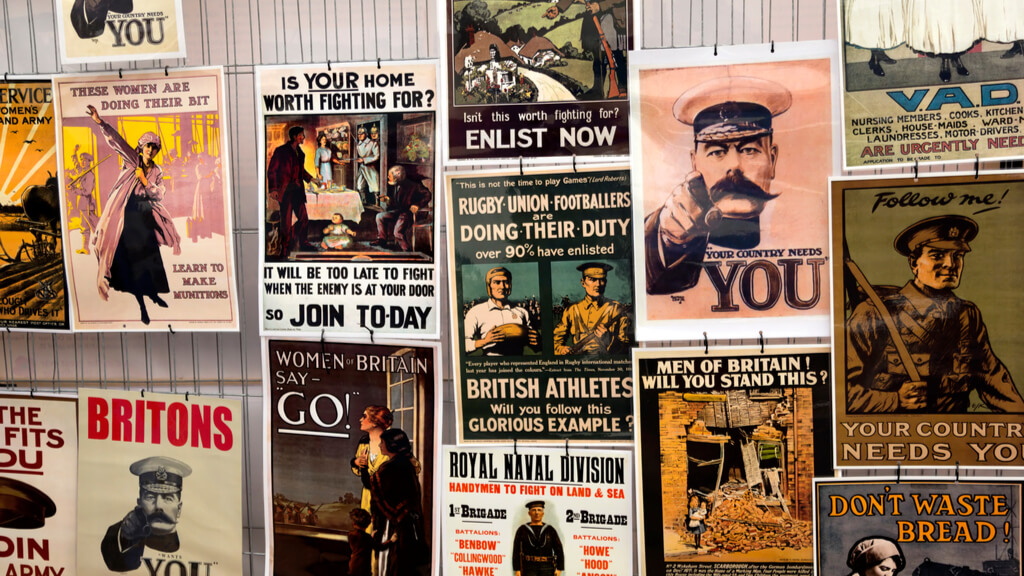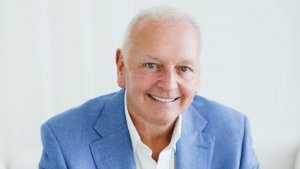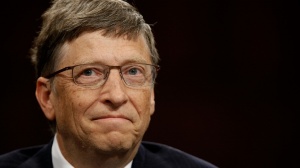Corporate Entrepreneurs: Your Country Needs You
It's time to reimagine the future.

As businesses try to understand the part they’re going to play as we move out of lockdown and attempt to resuscitate the economy, the role of the entrepreneur comes into sharp relief.
While most of us have been at home trying to keep body and soul together, they’ve been (plotting creative destruction) thinking of brilliant solutions to our problems. Dreaming of ways to make life better, and capitalise on newly learned behaviours.
That entrepreneurial spirit is needed more than ever. But it’s the corporate entrepreneurs (the intrapreneurs) that are going to play the most vital role.
They're the supercharged entrepreneurs, the one’s with the muscle and might of global organisations behind them – and they have an opportunity, if handled right and allowed the freedom to excel, to make the biggest difference of all.
So it’s time for corporate entrepreneurs to step forward and make their presence felt. We need them to ‘see’ the solutions, and push corporations to take the action they are too often fearful of taking. Corporate entrepreneurs – the global economy needs you.
Making all the right moves
It’s hard to imagine life before some of their great ideas became part of our everyday. Back in 1997, Amazon programmer Peri Hartman wanted to find a way to 'make the ordering system completely frictionless', and built the software for 1-click purchases.
Twenty years earlier, St Louis McDonalds regional manager, Dick Brams, pitched a new kids’ snack-in-a-box to management, and today youngsters are still demanding Happy Meals.
Perry and Dick both found their organisations open to their ideas; others have had to fight far harder to make theirs a reality. Ken Kutaragi, an engineer at Sony, was convinced he could improve the gaming experience of his daughter’s Nintendo.
He hit on the idea that an independent soundcard would do it, but his bosses disagreed. He didn’t give up on the idea, though, and eventually, once the CEO decided to focus on the nascent gaming industry, he was proven right, and the PlayStation was born.
This is not a new phenomenon. Look back nearly 120 years to the factory worker at match company Swan Vesta. He told senior management they could put the sandpaper strike on one side of the matchbox only and save the business millions in production costs.
Management refused to listen to a lowly factory worker. He didn’t give up and eventually got a few minutes with the board who saw the potential. The design of Swan matches hasn’t changed since.
Ford employees share over 3,500 innovations every year, the majority of which aren’t from the research and development department. One such idea came from Doug Martin, whose inspiration came as he noticed condensation dripping from his car.
He began working on a prototype that turned condensation from the vehicle’s air conditioning into drinkable water. Ford believes the innovation has the potential to help water scarcity in developing nations.
Force of habit
For every one of these amazing stories, there are dozens of others that centred on organisational restructuring, financial efficiencies, marketing initiatives, and other brilliant ideas that came from corporate entrepreneurs and transformed not only the business but society as a whole.
It’s hardly surprising. Mix the innovative approach, bold decisiveness and intuitive feel for an audience that entrepreneurs have with the sheer scale of production, distribution and promotion of a corporate, and it ought to produce results.
Yet life as a corporate entrepreneur is often tough. They see their ideas dismissed by more cautious colleagues. Slow, methodical processes dampen their zeal.
They see opportunity and a need for action where others see only risk and a need for rigorous consumer testing. All too often, the potential of corporate entrepreneurs goes to waste, and they end up frustrated.
The pandemic has changed the equation. It’s an unexpected and unprecedented revolution in how we live with long-established habits profoundly disrupted. As I’ve argued here, the pandemic hasn’t so much as levelled the playing field as detonated a landmine under it. It’s a moment for radical solutions.
A fleeting moment
This then is the moment for corporate entrepreneurs to be bold. They need to see the opportunity, trust their instincts, and forge ahead. Testing is never as helpful as an entrepreneur’s instinct for what the customers need.
While others may complain about limited budgets and fret about an uncertain outlook, corporate entrepreneurs can free their minds to reimagine our future. Finally starting all those plans they’ve never had space or freedom for. To think deeply about the creative destruction needed to make corporations, products and society better.
At Babson College, they define entrepreneurship as actions involved in ‘identifying or creating an opportunity, marshalling the resources, and providing leadership to create social or economic value’. Those, then, are the pressing tasks for corporate entrepreneurs at this moment – this fleeting moment of opportunity.
They’re mavericks. They’re dreamers. They’re damn hard to be around. But we need them now more than ever. As Apple once put it: ‘Here’s to the crazy ones.’
Mike Foster is founder and creative director at Straight Forward Design.
Thanks for signing up to Minutehack alerts.
Brilliant editorials heading your way soon.
Okay, Thanks!

